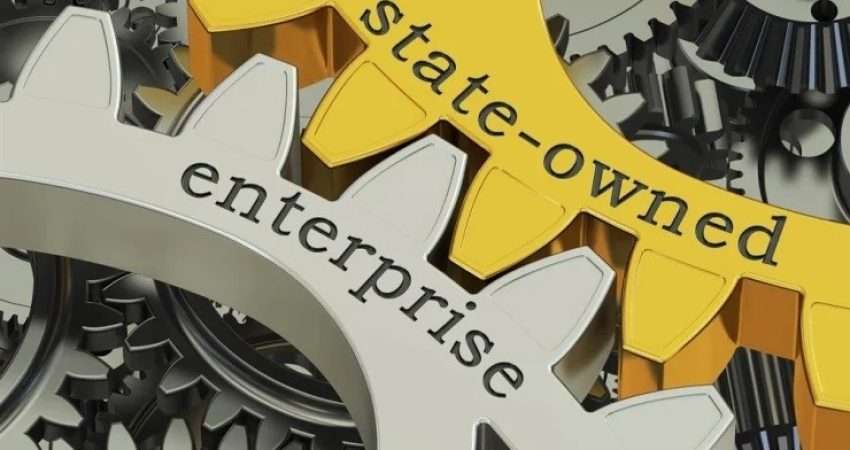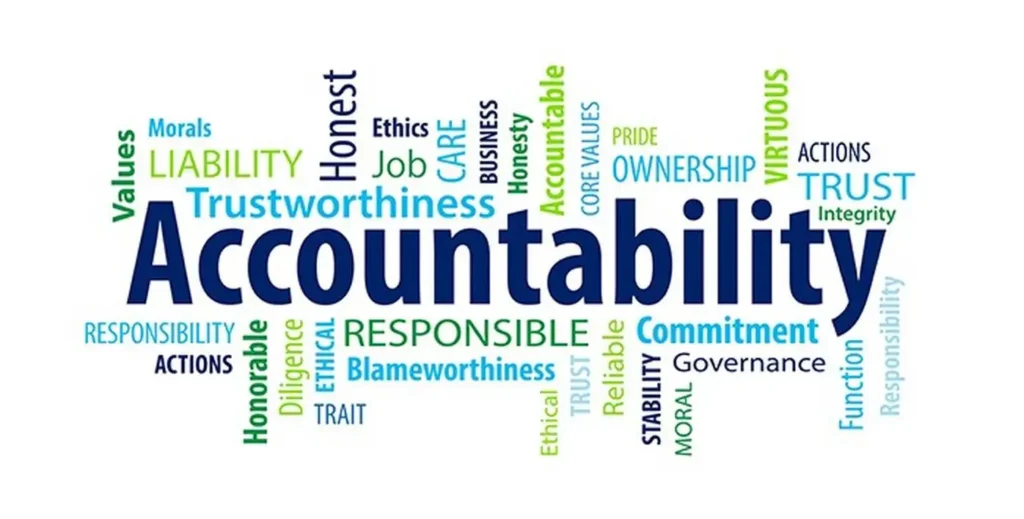The issue of exorbitant remuneration packages for CEOs of State-Owned Enterprises (SOEs) has once again come under scrutiny, with Prof. Stephen Kwaku Azar Asare, Democracy and Development Fellow at CDD-Ghana, calling for immediate reforms.
He argued that the problem extends beyond the excessive financial benefits enjoyed by these executives; it is also about the entrenched political patronage system that allows party loyalists to benefit at the expense of the state.
According to Prof. Asare, SOE CEOs are not merely professional managers of critical state assets but rather political operatives strategically placed to channel state resources to their parties and party faithful.
This, he asserted, is a fundamental flaw that undermines the efficiency and profitability of SOEs and diverts their purpose away from public service towards political convenience.
“Instead of focusing on running efficient enterprises, they are expected and are often compelled to spend part of their working day on television defending the party and the government. This is an obligation that has no place in a well-governed SOE”.
Prof. Stephen Kwaku Azar Asare
Instead of being judged based on their ability to improve their enterprises and add value to the economy, these CEOs are primarily assessed on their willingness to provide perks to party foot soldiers, answer calls from political actors, and engage in campaign activities.
Accordingly, Prof. Asare noted that the governing boards that approve lucrative contracts, that seem to benefit political parties and their loyalist, for CEOs are fully aware of these unwritten expectations.
He further lamented that their oversight—or deliberate lack thereof—is influenced by this entrenched understanding.

Instead of holding executives accountable for financial performance and strategic direction, these boards often operate within the same patronage framework, further entrenching inefficiency.
Asare stated that this results in SOEs that struggle to meet their mandates, perpetually relying on state bailouts while their leaders continue to enjoy disproportionate benefits.
Prof. Asare warned that this structure is unsustainable and calls it a “system of institutionalized giveaways” that weakens efficiency, accountability, and long-term viability.
He believes that if Ghana continues on this trajectory, its SOEs will remain unprofitable and unable to fulfill their intended roles in national development.
A Crossroads for Ghana’s State-Owned Enterprises
Furthermore, as the debate over SOE governance intensifies, Prof. Stephen Kwaku Azar Asare stressed that Ghana stands at a pivotal moment, requiring diligence in its governance.
As such, he questioned whether the nation would persist with a flawed system that leads to damaging consequences or take decisive steps to restore SOEs to their intended purpose.

To address these challenges, he advocated for bold reforms, beginning with enhanced transparency.
“Reform must begin with the immediate publication of the compensation and benefits packages of all SOE executives and board members, alongside the creation of OMAMPAM, a framework for oversight and accountability.”
Prof. Stephen Kwaku Azar Asare
Transparency, he argued, will expose the extent of financial excess and ensure that CEOs are held accountable for their management of state resources.
Accordingly, he indicated that without proper oversight, the cycle of political interference and inefficiency will continue to weaken Ghana’s state enterprises.
Beyond transparency, he advocated for strict performance-based contracts, where the compensation of SOE executives is tied to measurable outcomes such as profitability, job creation, and service delivery improvements.
Additionally, an independent oversight body should be established to review board appointments and executive hiring processes, ensuring they are based on competence rather than political allegiance.
Prof. Asare also urged immediate and decisive action, warning that the failure to reform SOEs now will have long-term consequences. “It is time to take decisive action. We must launch OSOSOE (Operation Save Our State-Owned Enterprises) before it is too late.”
His call to action is resonating with governance experts and the general public, many of whom believe that addressing the structural inefficiencies within SOEs is critical to ensuring their sustainability.
Reform advocates argue that an independent oversight body, along with strict performance-based evaluations, must be implemented to break the cycle of patronage and inefficiency.
However, as the government of the day is still new in office, the coming months will reveal whether policymakers take these concerns seriously or if the entrenched political system will resist change.
One thing remains clear—Ghanaians are watching closely, and the demand for reform is growing louder.
READ ALSO: Tems Earns 4 New Certifications in the United States







